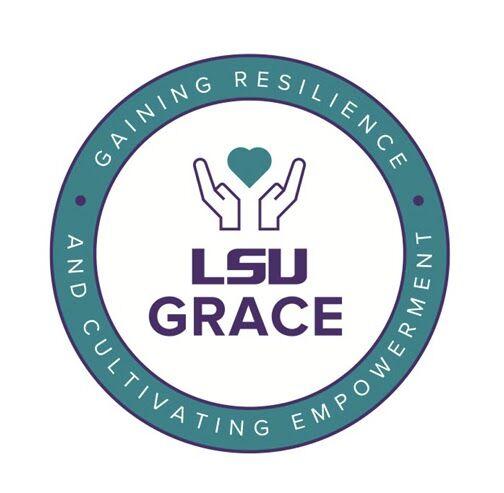LSU’s Office of Diversity and Civil Rights announced Nov. 18 a new program to provide training to faculty and staff on how to respond to students who have experienced sexual trauma.
The program, called Gaining Resilience and Cultivating Empowerment, or GRACE, will cover what trauma looks like, how to be an active listener and how to provide supportive statements so LSU faculty and staff can better respond to disclosure of sexual assault from students. The training is optional for faculty and staff.
Susan Bareis – director of LSU’s Lighthouse Program, which provides support for students that have experienced interpersonal violence, including sexual and domestic assault or stalking – will teach the two-hour GRACE trainings.
The Office of Civil Rights and Title IX hopes to hold the training each semester, and 65 people signed up for the first training, held on Dec. 2. Bareis says the first session was successful in giving faculty and staff a platform to ask any questions they had on resources and mandatory reporting.
“It’s not an easy topic,” Bareis said. “We want to provide more people on this campus with basic skills to help [students] feel supported…and get them connected to the support resources they need.”
LSU has been center of a Title IX scandal since November 2020, when a USA Today article revealed the university’s mishandling reports of sexual assault and outlining stories of sexual assault and violence at LSU.
According to Bareis, LSU GRACE aims to challenge misconceptions around rape and victim blaming.
“It goes into changing the culture on this campus and working to improve the mistrust some students and faculty have in LSU handling sexual misconduct on campus,” Bareis said. “Our goal is to provide this training to everyone on campus. These are skills we should all have and aim to better support those who have experienced sexual trauma.”
Title IX Coordinator Joshua Jones also believes the new GRACE program will be a big step in building trust between faculty and students on campus.
“That first disclosure is so important. Students are usually disclosing to someone they trust, or a faculty member…to have our employees be able to respond in an informed and empathetic way is really important,” Jones said.
LSU students have more difficulty talking about sexual assault on campus than students at other universities, according to the latest college free speech rankings, which surveyed over 150 colleges on which topics were most difficult to discuss on campus. Nearly 60% of LSU students identified sexual assault as a difficult subject to talk about on campus. Only 39% of students nationwide identified it as such.
“I recognize talking about sexual misconduct is not easy,” Bareis said. “But I really encourage everyone to attend the training – you’ll get something out of it.”
Jones hopes the program will expand in the future so every faculty member can complete a process to become certified members of the GRACE program.
“It’s just so important that we do everything we can,” Jones said. “And I personally challenge all our employees over the next few years to sign up for the GRACE program.”





